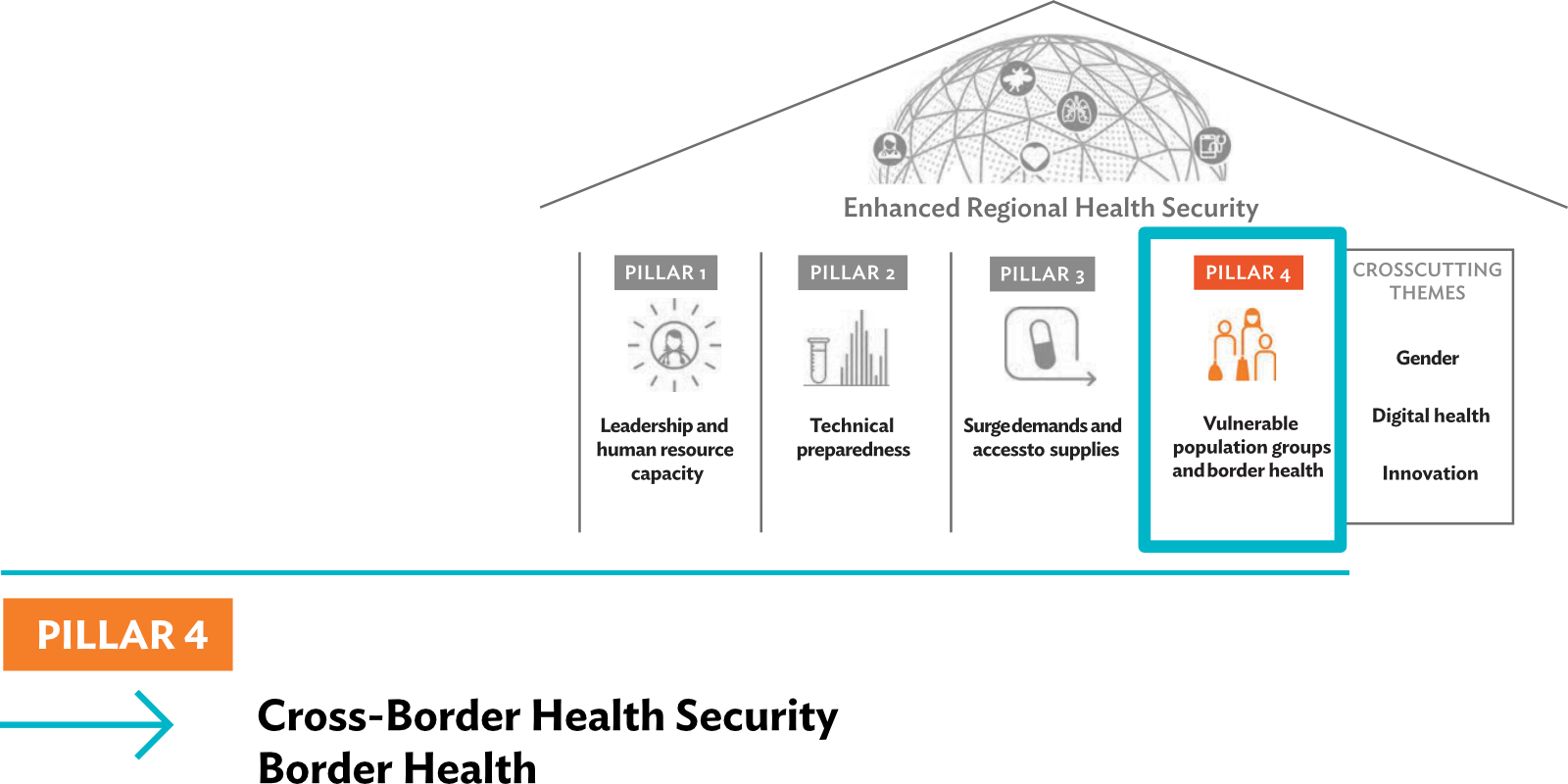Challenges
The COVID-19 pandemic has uncovered existing challenges for vulnerable population groups, including the poor, the elderly, women, or migrants. Millions of migrants from CAREC countries work outside of their home countries, and effective measures are needed to control the spread of infectious diseases across borders. In addition, social protection for labor migrants is not comprehensive, so access to health care can be difficult. The lack of health insurance coverage for this group and increased inequalities has additionally burdened them.
The lack of accessibility to health services in border areas is worsening gaps for migrants, mobile populations, and border communities—affecting their health status. Other critical gaps include hospital bed shortages and insufficient legal frameworks and oversight mechanisms for quality improvement of health services. The overall burden of communicable diseases like HIV and TB among vulnerable population groups has been a continued threat.
Delivering sexual and reproductive health services to women, girls, and victims of gender-based violence has also proven to be a challenge for many countries, especially during the COVID-19 pandemic. Infection Prevention and Control, which is critical in border areas, is generally substandard in terms of health facilities due to poor infrastructure, lack of equipment, and insufficient policies and regulations.
Focus
Increasing health and social protection mechanisms, improving data, stronger referral systems, including cross-border continuity of care.
Proposed Actions
- Initiate research on community needs in border areas, including portability of benefits and financial protection for labor migrants
- Improve service accessibility for mobile populations
- Improve TB/HIV treatment in border regions
- Create awareness on climate change and health among border communities
- Increase Infection Prevention and Control measures in border regions
- Enhance health infrastructure that is climate resilient in border areas

